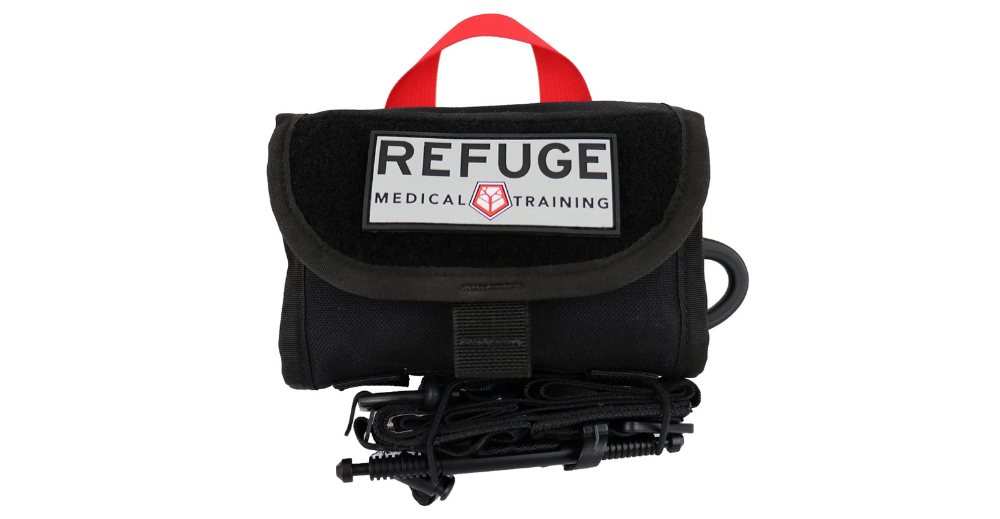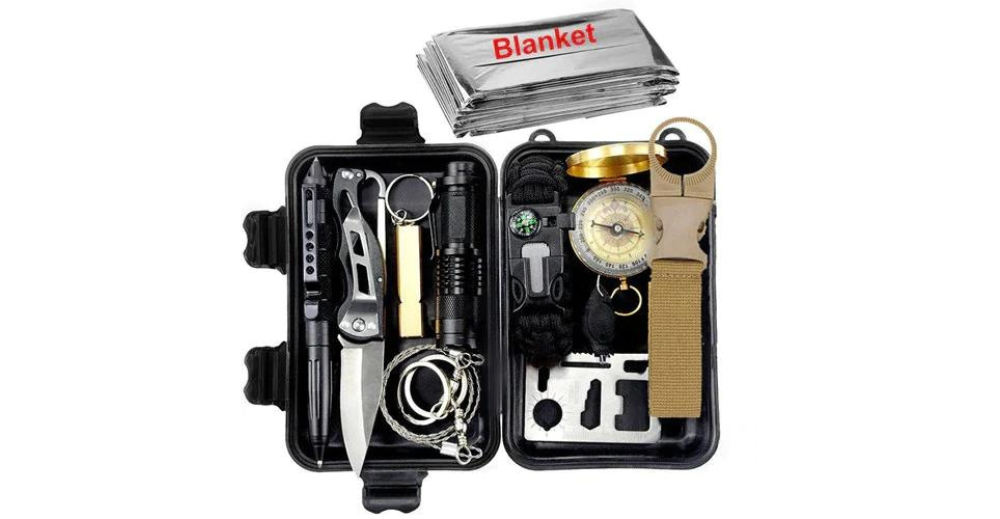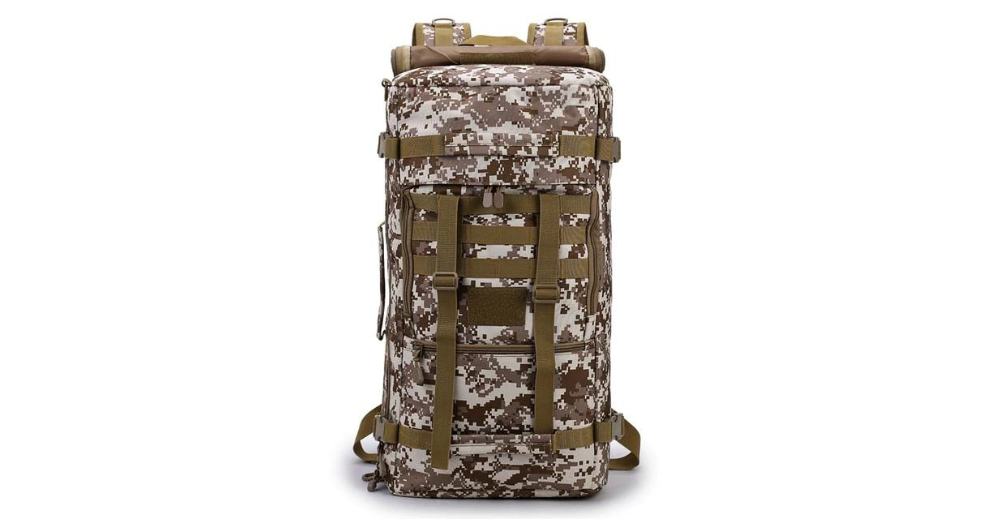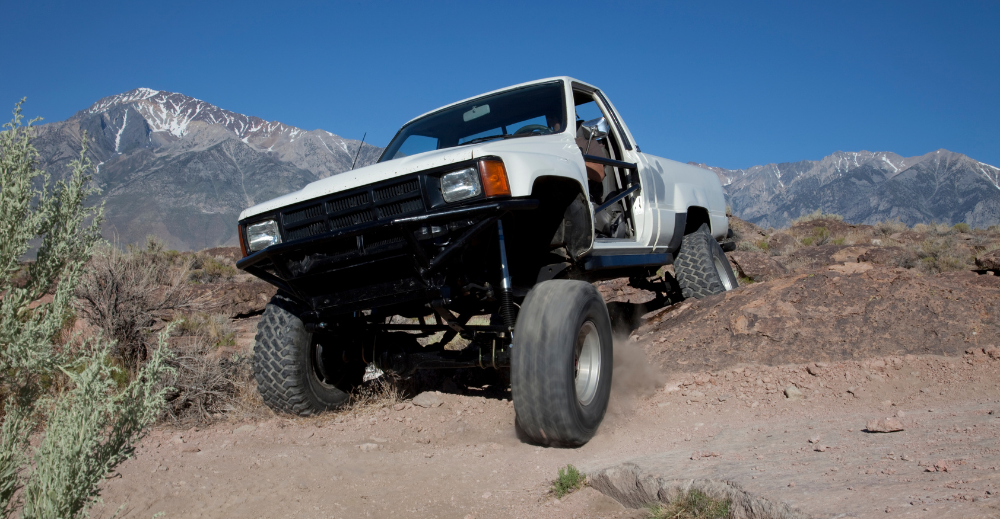Top Road Trip Safety Tips for Your Big Adventure
Imagine driving along the coast as the sun sets or winding through stunning mountain roads with a nice breeze blowing through your windows and your favorite sounds playing.

But before you hit the road, let's turn this good trip into a more enjoyable adventure with some road trip safety tips.
This guide will explore all the road trip essentials – from quick car checks to smart route planning and the must-pack items. If you're heading to a wild mountain path or a calm beach, our tips can help make your trip exciting and safe.
So, grab your road map and get ready for a memorable road-tripping adventure for all the best reasons!
Pre-Trip Car Checks
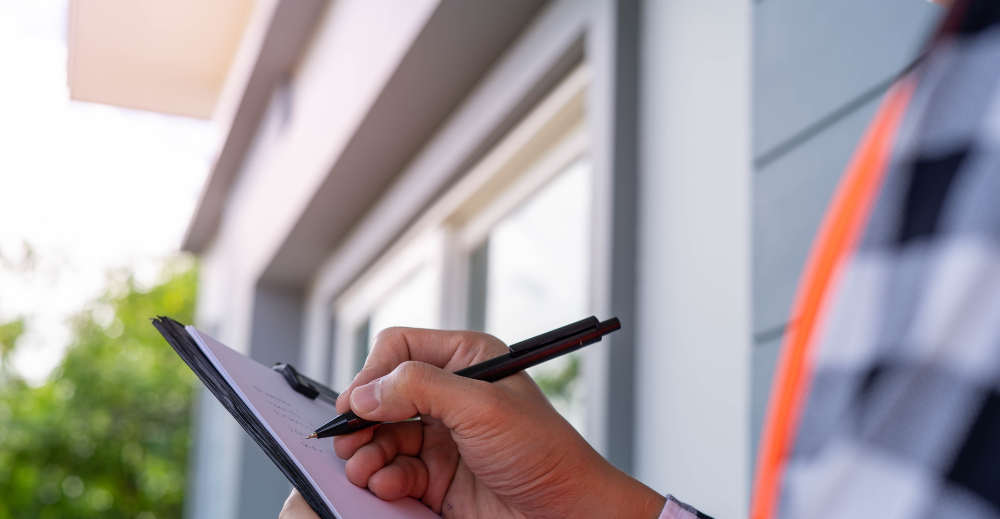
Get your car road trip ready and consider this as a quick health check for your ride:
Engine and Battery Check
First, ensure your car's heart and soul – the engine and battery – are in top shape. Give that engine a once-over. Are there any weird noises or leaks? And for the battery, ensure it's got a good charge and the connections are clean and tight.
Tire Pressure Inspection
Check them for any wear and tear, and don't forget to give them a good pressure check. Properly inflated tires mean better fuel efficiency and a smoother ride.
Fluid Levels
These are your car's lifeblood. Make sure the oil, coolant, and brake fluid are all at the right levels. If your car is low on any of these, top them up!
Brake and Lights Check
Give those brakes a test. Do they respond well? No squeaking? Great. Then, do a quick walk-around to make sure all your lights are working – headlights, brake lights, turn signals. You want to be seen and safe, after all. Oh, and a small tip: always check your wiper blades before a trip. A clear view is a safer view!
Car Emergency Kit Preparation
It's always best to be prepared since you never know what the road may bring. Add a spare tire, jumper cables, an extra car key, and some basic tools to your survival pack for your car. Considering that dead batteries and a flat tire could happen. For added peace of mind, include reflective triangles and a flashlight.
Route Planning
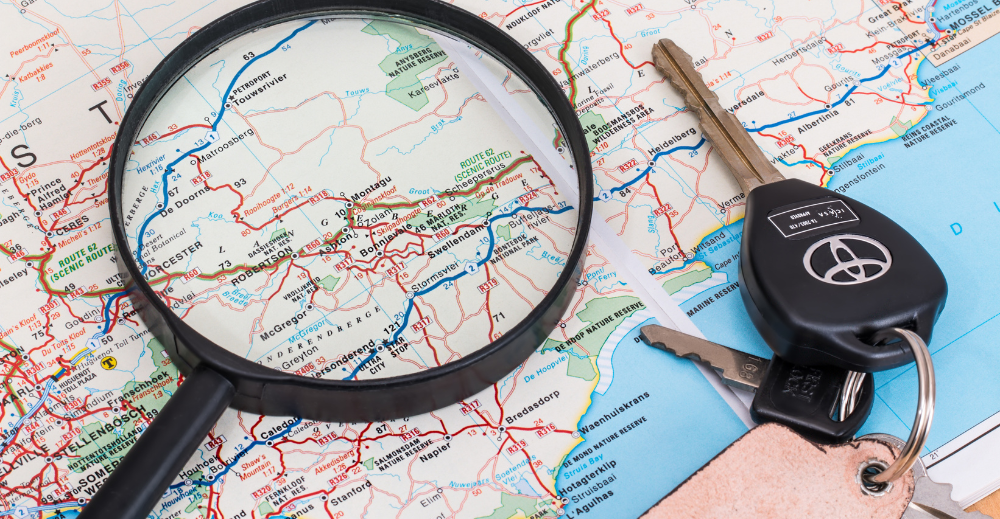
Before you rev up the engine, get to know the route where you're headed. Researching the location beforehand sets the scene. Explore what makes your destination special. Maybe it's a national park with breathtaking views or a little town with the best pie. Knowing what to expect helps you plan better.
Let's map out your journey!
-
Rest Stop: I bet you'll want to extend those legs! A rest stop is essential for getting fresh air, staying awake, and breaking up the road trip. Also, it's the perfect time to check your road trip packing list: water, snacks, a picnic blanket, and a camera.
-
Gas Stations and Service Areas: Nobody wants to run on empty, right? Keep an eye on where gas stations are along your route, especially in remote areas. Apps like Google Maps are lifesavers for this. It’s also good to note down service areas for quick vehicle check-ups or snack refills.
-
Weather and Road Conditions: The weather can greatly affect road trips. A sunny drive is different from driving in the rain. Keep an eye on the forecast and plan for it; should you bring sunscreen or raincoats? Also, check the road conditions, especially if you’re heading somewhere with the potential for tricky driving, like snowy paths or winding mountain roads.
- Alternative Routes and Backup Plans: Roads may occasionally be closed. Keep one or two alternate routes in mind. You can reroute while on the fly by using apps like Google Maps. Besides, it's all a part of the journey. Finding those unexpected places may be the highlight of your road trip.
Checklist of Road Trip Necessities
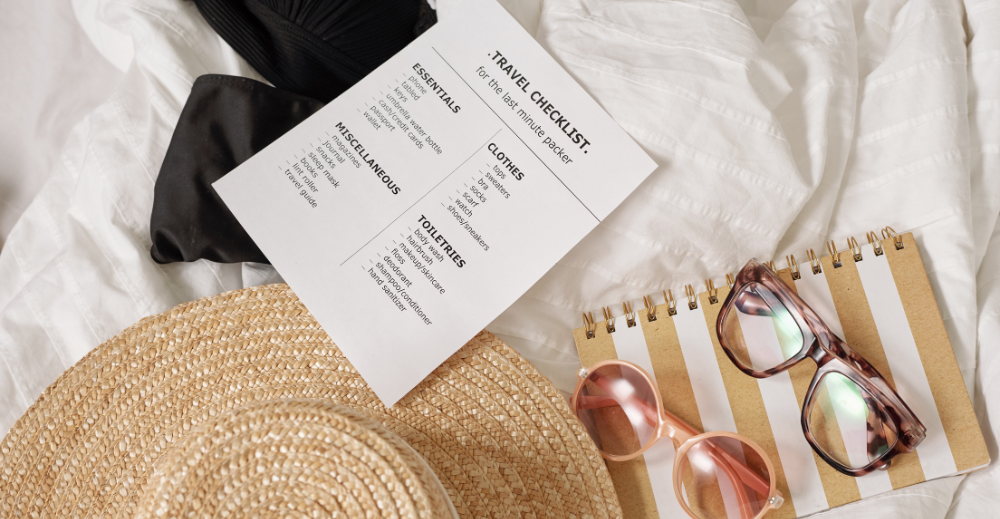
Let's talk about your road trip packing list. Not just any packing, but packing smart for all the road trippers out there. Your road trip packing list is crucial. It's the difference between "Oh no, we forgot the..." and "Got it all, let’s roll!"
-
Food and Water: Prepare your own meals and snacks to keep you from hunger. Consider foods that are quick to prepare and high in energy, such as sandwiches, hard-boiled eggs, fruits, and nuts. And a ton of water! On a multi-day adventure, it's extremely important to stay hydrated.
-
Clothing and Personal Items: Pack clothes because the weather can change quickly. Remember to pack road trip essentials like hand sanitizer, sunscreen, baby wipes, toiletries, and maybe a hat or flip-flops.
-
GPS Devices and Offline Maps: Sure, your phone's GPS is great, but it’s always good to have a backup. Physical maps can be lifesavers, especially in remote areas where cell service is rare.
-
Chargers and Power Banks: Keep those devices juiced up! The last thing you want is a dead phone when you need to call for roadside assistance or snap a stunning sunset.
- First Aid Kit Essentials: These are road trip must-haves. Pack a first-aid kit with all the basics – band-aids, antiseptic wipes, gauze, and pain relievers. Add any personal medications you might need, too. It all comes down to being prepared for those little accidents or headaches.
Carrying Essential Safety Gear
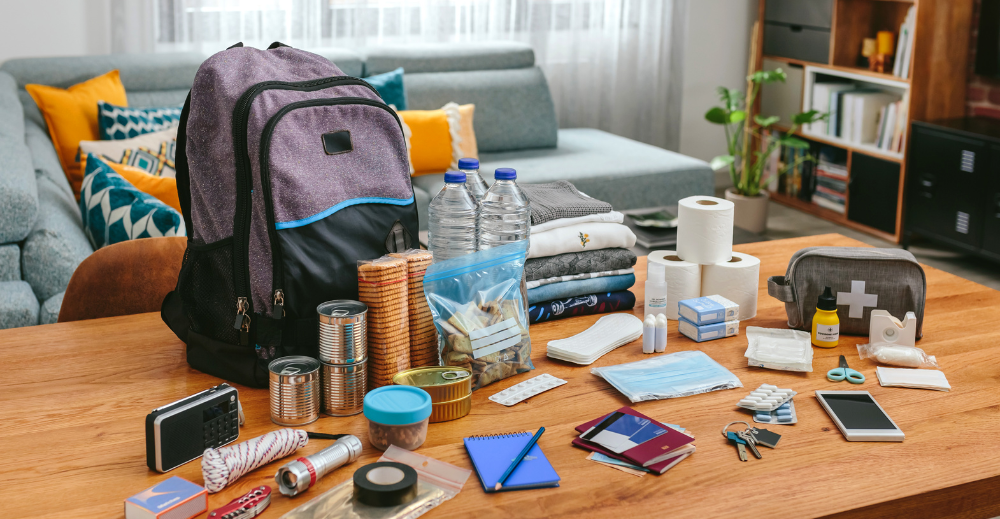
Having the proper safety gear on your road trip is like having a reliable companion prepared to face any challenge. With everything from driving diverse terrain to adapting to Mother Nature's whims, make sure you're ready for everything that might come up.
From making sure your vehicle is ready for the trip to having the appropriate clothing for outdoor adventures.
Let's talk about the essential safety gear you should add to your road trip packing list to make it easy, safe, and fun!
Safety Gear for Outdoor Activities
Going out into nature is an adventure unlike any other, but it is not without its challenges. That's where having the appropriate safety gear is useful.
Being ready is essential whether you're hiking through lush forests, climbing steep terrain, or setting camp under a starry sky. Let's ensure you have a safe and fun experience while in nature!
-
Medical Travel Kit
This is essential when dealing with minor injuries or more serious medical problems. A basic medical kit should include essentials such as band-aids, antiseptic wipes, gauze, pain relievers, and any personal medications you might need.
Also, consider items like motion sickness pills, allergy medication, and sunburn relief, which can be helpful depending on your destination.
For a ready-made solution, the Refuge Medical Travel Kit, specifically the Travel Ark, is an excellent option. Its compact and durable design ensures it fits easily in cars, trucks, or RVs, making it a versatile choice for various travel plans.
-
Multipurpose Travel Kit
A multipurpose travel kit is a vital piece of any traveler's supplies, serving as a Swiss army knife for various situations you may run into while out and about. This kind of kit is intended to be a portable solution that takes care of many different needs.
Now, if you really like to be prepared for anything, check out the Tactical Survival Multipurpose Travel Kit. You'll find some really handy stuff like a compass when you're trying to navigate new places, a paracord, a high-frequency whistle for emergencies and, of course, a flashlight, and many other must-haves for any travelers.
-
Outdoor Camping Backpack
An ideal backpack should provide good support, especially for extended hikes where back pain may become an issue. If you want to improve your hiking experience, go for one with supportive back support.
Having many compartments is essential for keeping things organized and accessible. Because the weather is unpredictable, choosing a weather-resistant backpack will guarantee that your valuables remain dry and safe.
The Bulletproof Zone Outdoor Camping Backpack is a great option for anyone looking for a specific backpack recommendation. It's a dependable gear that can improve your outdoor experience if you're going on a relaxing stroll or a more intense adventure.
Specialized Equipment for Different Terrains
Each landscape has unique challenges, and being equipped with the right gear can make all the difference. Here's a closer look at what specialized equipment you might need for various terrains:
Mountainous Areas
If your journey takes you through the mountains, consider items like traction mats, snow chains or an ice scraper, especially in colder months. These are essential for maintaining a grip on steep and potentially icy roads. An extra tip: keep an eye on your car’s cooling system, as mountain drives can be demanding on your engine.
Desert Terrain
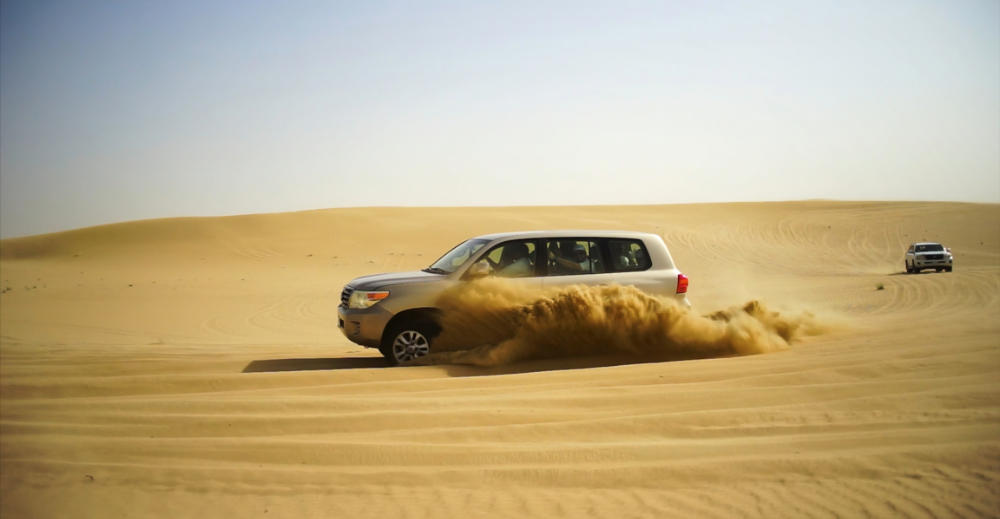
Driving through the desert? It's an entirely different level. Temperatures can soar, so an extra container of coolant for your car is a wise addition. Given the potential for extreme heat, it's wise to have an additional coolant container for your car. Also, think about protecting yourself from the sun and drinking lots of water to stay hydrated.
Beach and Coastal Routes
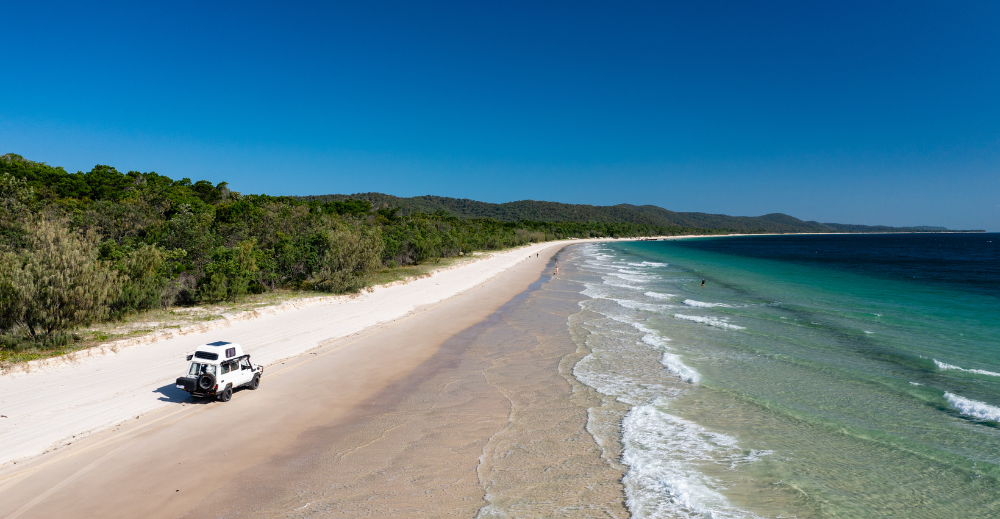
Coastal drives might require a different set of tools. For instance, an air compressor to adjust tire pressure for sandy conditions is helpful if you plan on driving on the beach. Rust protection for your vehicle can also be handy, as sea air can be harsh.
Off-Road Adventures
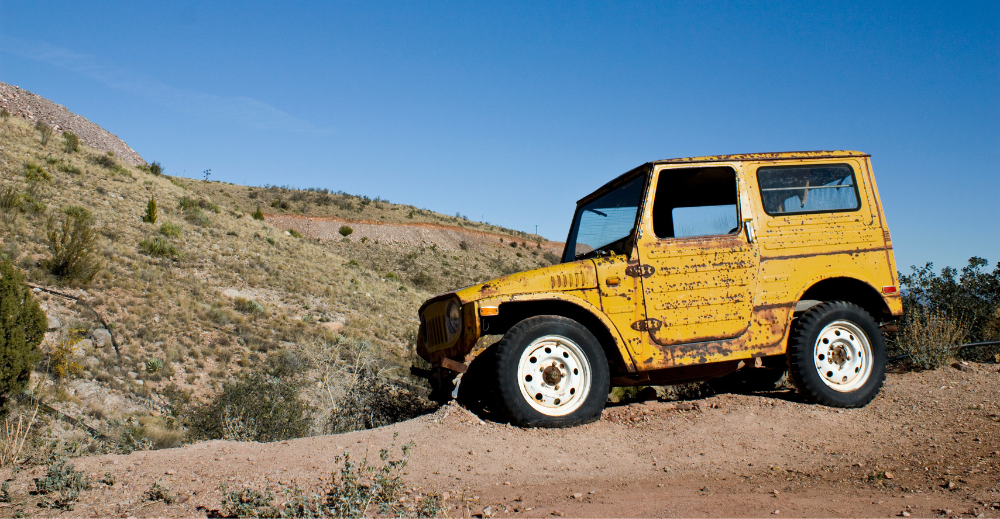
For those who love going off the beaten path, a few extra items can ensure a smooth experience. This might include a winch for self-recovery or additional underbody protection for your vehicle to safeguard against rough terrain.
General Rough Terrain
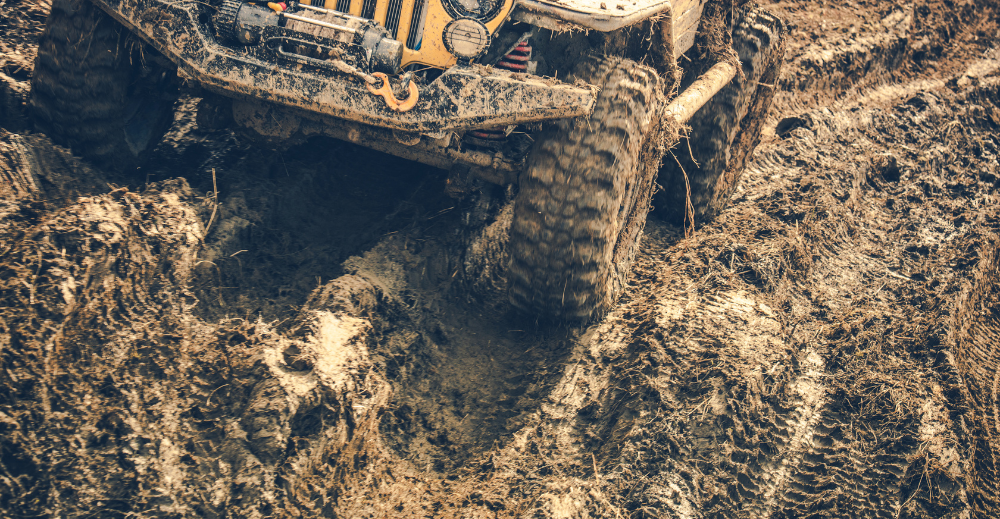
No matter the specific landscape, some items are universally useful. For example, a sturdy set of all-terrain tires can provide better traction and durability across various surfaces. And, of course, a good spare tire is a must-have because flats can happen anywhere!
Handling Travel and Road Emergencies
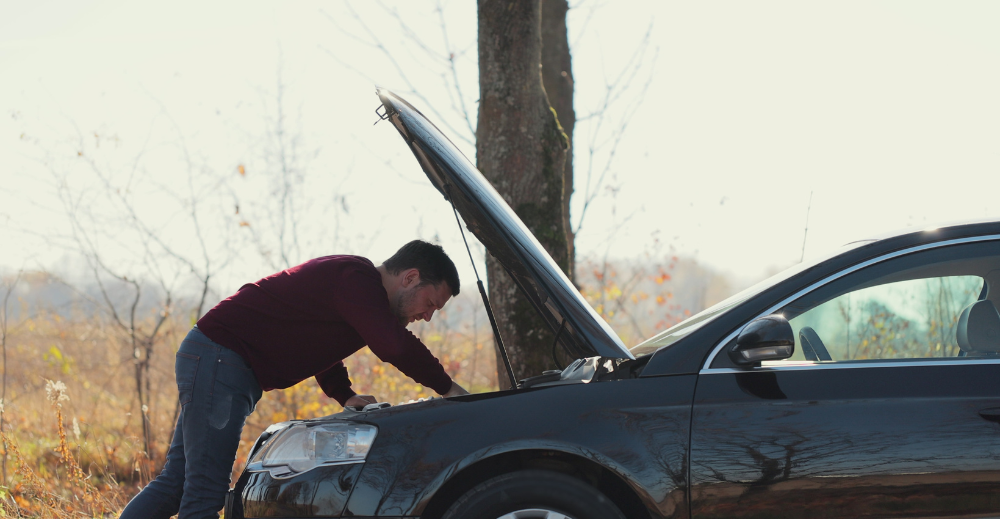
While we all hope for smooth sailing, sometimes the unexpected happens. But don't worry. These road trip safety tips will help you handle emergencies like a pro.
Dealing with Car Breakdowns
-
Stay calm. A clear head is your best tool.
-
Get to safety. If possible, move your car to the side of the road, away from traffic.
-
Check for simple solutions. Sometimes, it’s something small, like a battery dies. If it’s a rental car, check for any quick-fix items they might have included, like jumper cables.
-
Call for help. This is where your road trip packing list comes in handy. Have your phone charged and the number for roadside assistance ready.
Responding to Medical Emergencies
-
Always have a basic first-aid kit (it should be on your road trip packing list!). It can handle a lot of minor injuries.
-
Determine the severity of the situation. If it's minor, you might be able to handle it with your kit.
-
For anything serious, don’t hesitate to call emergency services.
Getting Around Unexpected Detours or Road Closures
-
Keep an eye on a GPS or map app – they’re great for real-time updates on road conditions.
-
In case your tech fails, having a physical map is a great backup.
-
Always factor in some buffer time for your trip. That way, detours don’t ruin your schedule.
Contacting Emergency Services and Road Assistance
-
Have a list of emergency numbers, including local services for the areas you’re traveling through.
-
Be aware of your surroundings and nearest landmarks. This makes it easier for help to find you.
-
Whether it’s a vehicle issue or a medical one, clearly communicate the problem. The more info you provide, the better help you’ll get.
Safe Driving Practices
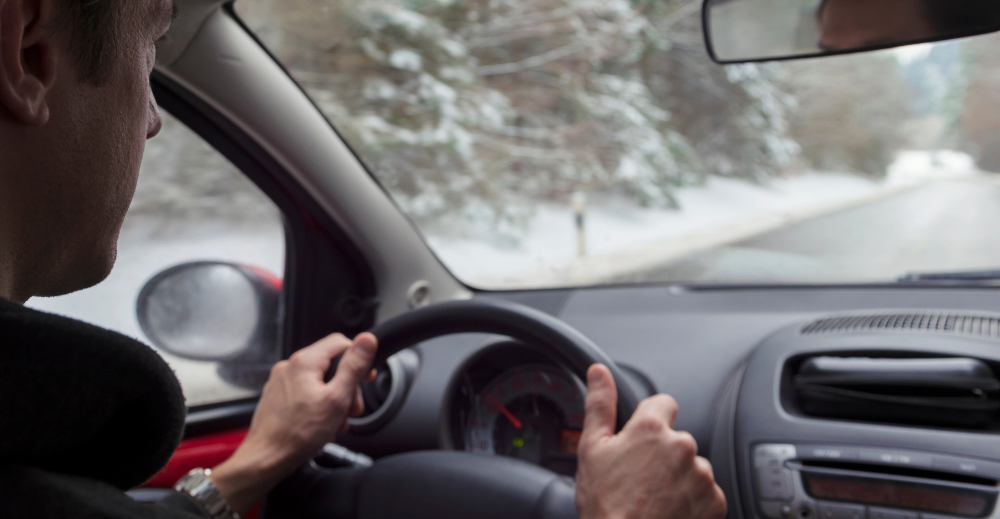
While exploring new places is thrilling, keeping safety at the forefront is important. So, here are some road trip safety pointers to ensure you enjoy your journey without any hiccups:
-
Stay Focused. The road demands your full attention. Distractions like texting or fiddling with the radio are a big no-no. Keep your eyes on the road and your hands on the wheel.
-
Take Breaks. Feeling tired? Pull over at a rest stop or gas station, stretch your legs, grab a coffee, or take a quick nap. Better safe than sorry.
-
Stay Hydrated and Eat. It’s simple but often overlooked. Staying hydrated and having snacks handy can help maintain your alertness.
-
Know the Traffic Rules. Different places can have different rules. Ensure you’re up to speed with the traffic laws of the areas you’re traveling through.
-
Watch Your Speed. Speeding might get you there faster, but it’s also riskier. Stick to the speed limits. They’re there for a reason.
-
Seatbelts Are a Must. This one's a no-brainer. Always wear your seatbelt and ensure all passengers do the same.
Setting Off on a Safe and Enjoyable Road Trip

And just like that, we've reached the end of our road trip safety guide.
Before you set off, here's a little encouragement: Road trips are about creating memories, exploring new places, and enjoying the journey. With the right preparation and mindset, you’re not just going on a trip; you’re crafting an experience.
And remember, safety doesn't take the fun out of the journey; it actually makes it more enjoyable because you know you’ve got everything under control.
As a final reminder, run through your road trip packing list one last time. Keep these pointers, and have a blast out there!
Now, it's your turn to take the wheel! We'd love to hear from you! Drop your favorite stories, tips, or those hilarious 'oops' moments in the comments below – we can't wait to read them!
And if you're gearing up for your next trip, don't forget to swing by our shop to check out the latest travel safety gear. We have everything you need to make your journey safe, comfortable, and unforgettable.





